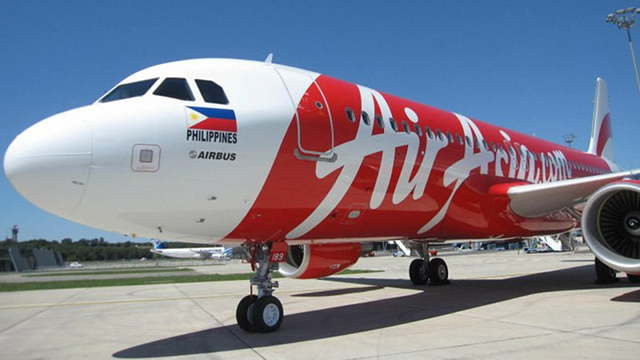SUMMARY
This is AI generated summarization, which may have errors. For context, always refer to the full article.
MANILA, Philippines – Do a budget airline and a legacy carrier mix?
Having both in one’s business portfolio seems to have suited Philippine Airlines (PAL), which was newly bought by conglomerate San Miguel Corp. PAL has a budget arm, AirPhil Express, which analysts say has a better growth prospects than, but complements, PAL.
Local budget carrier Cebu Pacific boss Lance Gokongwei was also initially not keen on joining the bid for PAL since it was precisely the different operational discipline and cash flow management that made their low-cost model soar higher.
PAL is Asia’s first commercial legacy airline and has extensive and exclusive air rights to lucrative routes, but its labor disputes, operational inefficiencies, and other issues kept it from being more competitive.
Tony Fernandes, the boss of Asia’s biggest budget carrier AirAsia Ltd, seems to share the same sentiment with the boss of the Philippines’ biggest low-cost airline.

AirAsia and Malaysia Airlines
Fernandes has called the collapse of a tie-up with struggling flag carrier Malaysia Airlines a relief that will free him up to focus on his fast-growing budget carrier.
In his most extensive comments to date on the failed deal, Fernandes said in interviews published Friday, June 15, that “massive” Malaysia Airlines union resistance was to blame and implied that the carrier had deep problems to resolve.
“I was off blood pressure pills as soon as the swap was off. I’m serious,” he told The Edge business daily.
“Sometimes you need a bit of a kick up your backside. When we have built fantastic operations at AirAsia, we didn’t appreciate it until we (saw) something else,” he said.
AirAsia had agreed in August last year to buy 20.5% of Malaysia Airlines under a strategic tie-up aimed at turning around the national carrier.
But the share swap deal was pulled early last month after pressure from Malaysia Airlines’ powerful employees union, who feared job cuts and other cost-reducing moves.
Fernandes said Malaysia Airlines’ problems could have been fixed under the tie-up.
“Yes, there will be short-term pain but you have to make the business successful as you cannot be on life-support,” he told The Star newspaper..
“(But) you reach a point of why waste time talking? … I’m glad it’s over,” he added.
Indonesia
His comments appear two days after AirAsia announced it is setting up a strategic planning centre in Indonesia, away from its Malaysian headquarters, with Fernandes expected to lead expansion of regional operations from there.
With Fernandes moving to Indonesia the airline will announce on Monday a replacement to head its Malaysia operations.
Fernandes said he would “still be heavily involved in the day-to-day running of the airline” and “not leaving anytime soon” but was keen on a succession plan.
The former music executive took over the airline a decade ago and turned it from an ailing outfit with two planes into one of the region’s biggest success stories.
Last month, AirAsia posted a 4% increase in first-quarter net profit with the company citing a solid business model as the reason. It also posted a record quarter revenue of 1.17 billion ringgit ($367 million).
Malaysia Airlines, on the other hand, reported its 5th consecutive loss, amounting to 171.8 million ringgit for the quarter ended March 31.
AirAsia has a Philippine unit, which commenced operations last March. AirAsia Philippines can fly to domestic destinations, which its parent airline could not do. – Rappler.com and Agence France-Presse
Add a comment
How does this make you feel?


![[Time Trowel] Evolution and the sneakiness of COVID](https://www.rappler.com/tachyon/2024/02/tl-evolution-covid.jpg?resize=257%2C257&crop=455px%2C0px%2C1080px%2C1080px)


![[The Slingshot] Red zipper on the mouth of Sara Duterte](https://www.rappler.com/tachyon/2024/04/TL-red-zipper-sara-duterte-april-12-2024.jpg?resize=257%2C257&crop=335px%2C0px%2C720px%2C720px)

![[OPINION] How about setting up a heat health warning system in PH schools?](https://www.rappler.com/tachyon/2024/04/heat-health-warning-system-in-PH-schools.jpg?resize=257%2C257&crop_strategy=attention)

![[ANALYSIS] The multiplier effect of negligence in education](https://www.rappler.com/tachyon/2024/04/The-multiplier-effect-of-negligence-in-education.jpg?resize=257%2C257&crop=277px%2C0px%2C720px%2C720px)
There are no comments yet. Add your comment to start the conversation.